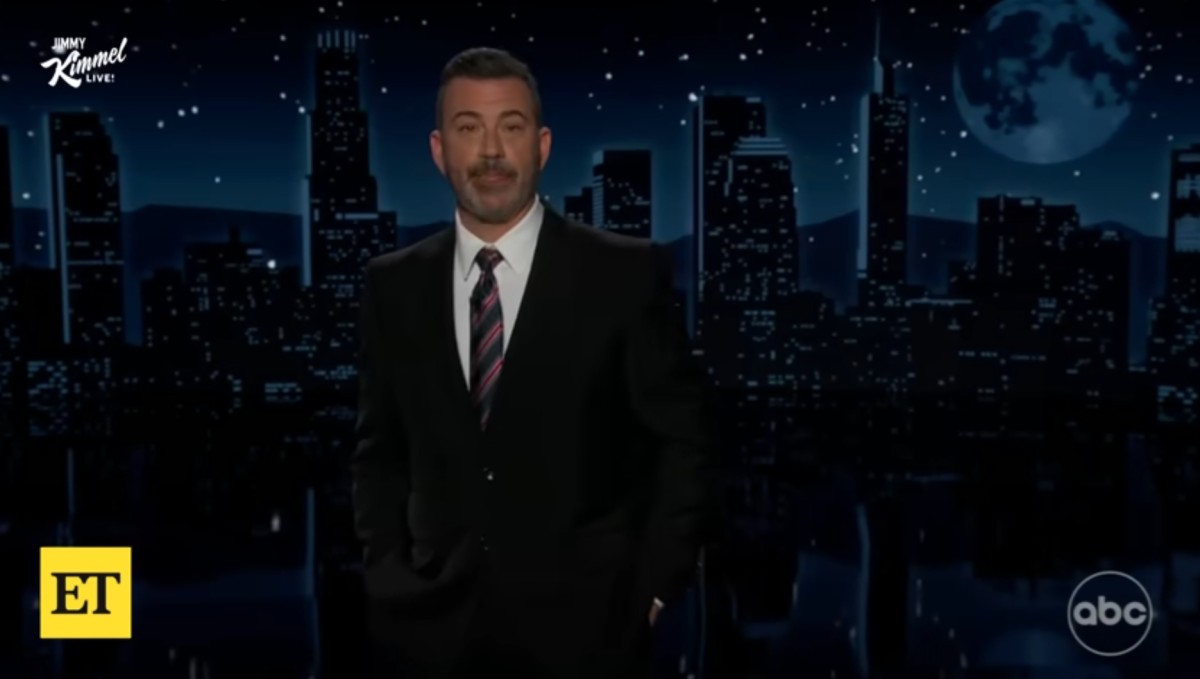The discussion surrounding accountability for public figures and the concept of cancel culture has gained traction, particularly following recent comments made by comedian Jimmy Kimmel regarding political violence. Critics argue that Kimmel's remarks, which some interpret as endorsing violence against political opponents, should lead to social consequences, while supporters defend his right to free speech.
Explainer Charlie Kirk Overview
Kimmel's comments have sparked a broader debate about the boundaries of free speech and the responsibilities that come with it. Joy Pullmann, executive editor of The Federalist, argues that enforcing social norms is essential for a functioning society. "It is not wrong to enforce social norms. It’s absolutely necessary for every functioning culture," Pullmann stated.
The term "cancel culture" is often used to describe the social penalties imposed on individuals for their views or actions. Critics of cancel culture assert that it stifles free speech and promotes a culture of fear. However, Pullmann contends that there is a distinction between cancel culture and holding individuals accountable for harmful behavior. "Applying just consequences to bad behavior is not 'cancel culture,'" she said.
Supporters of accountability emphasize that free speech does not protect incitements to violence. They argue that Kimmel's remarks cross a line and warrant public backlash. "Freedom of speech does not apply to incitements to violence," Pullmann noted, highlighting the need for societal standards to prevent harmful rhetoric.
Conversely, opponents of the backlash against Kimmel argue that it represents an overreach and a misunderstanding of free speech principles. They maintain that public figures should be allowed to express their opinions without fear of retribution, as long as they do not directly incite violence.
The debate also touches on historical context, with Pullmann referencing the Founding Fathers' views on free speech and its connection to moral and ethical standards. She argues that the First Amendment was designed to protect the search for truth, which she believes is compromised when individuals face social penalties for expressing their views.
In her view, the consequences of failing to hold individuals accountable for harmful actions can lead to an increase in societal chaos. "If people face zero consequences for bad behavior, bad behavior will accelerate," Pullmann warned. This perspective aligns with her belief that justice requires the imposition of penalties on those who engage in harmful actions.
The conversation around cancel culture and accountability is ongoing, with both sides presenting compelling arguments. As public figures continue to navigate the complexities of free speech and social responsibility, the implications of their actions remain a focal point of societal discourse.
Why it matters
- Kimmel's comments have ignited a debate on the limits of free speech and accountability for public figures.
- The discussion highlights the tension between free speech rights and societal norms against harmful rhetoric.
- Critics argue that failing to hold public figures accountable can lead to increased societal chaos and violence.
What’s next
- Public discussions on accountability and free speech are expected to continue in media and public forums.
- Advocacy groups may organize campaigns to address perceived incitements to violence by public figures.

